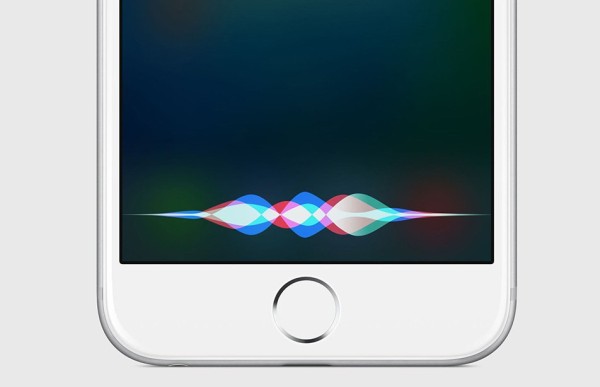Apple Inc. has bought artificial intelligence (AI) startup Turi for around $200 million. The tech giant's purchase of the Seattle-based company specializing in machine learning is likely to improve its AI technologies including digital assistant Siri. The Silicon Valley company has confirmed buying the company through an official statement, but has not provided new details about the acquisition.
Apple verified buying Turi on August 5, Friday. A company spokesperson confirmed the news to several media outlets by sharing that the tech titan sometimes buys smaller tech companies but usually does not share its plans or goals, according to Engadget.
Turi was known in the past as Dato and GraphLab. In 2009 Prof. Carlos Guestrin of Carnegie Mellon University in Pittsburg launched the GraphLab project. The high price will result in a prodigious pay-out for the company's early shareholders.
A Bloomberg source suggested that Turi's machine-learning tech could give Apple's voice assistant Siri new ways to communicate with real people.
The Cupertino, California-based company already uses AI for many functions such as word-typing prediction, song and app recommendations, and image recognition. Turi's machine-learning tech could add to Siri's functionality.
The finance giant's source also stated that the acquisition would allow Tim Cook's company to connect with AI researchers. Apple has a long history of maintaining top-secret product development. On the other hand, Turi has a better relationship with AI researchers and in July held a machine-learning conference for data scientists in San Francisco.
Apple also wants to expand its Seattle business. The Steve Jobs co-founded company has been constructing engineering buildings in the state's largest city for the past two years. It bought cloud networking startup Union Bay Networks in 2014.
In related news, Carnegie Mellon's Mayhem AI won the $2 million grand prize from the Cyber Grand Challenge (CGC) in Las Vegas, according to Tech Crunch. It was hosted by the United States government's Defense Advanced Research Projects Agency (DARPA).
DARPA's CGC centers on autonomous technology but it is about Internet security instead of robot tech.
CGC included seven teams. They played a hacking game that required them to do certain tasks while being fed software bugs and security holes. Teams had to protect their data while trying to access other teams' digital information.
Here's a video on Siri for Apple TV:


